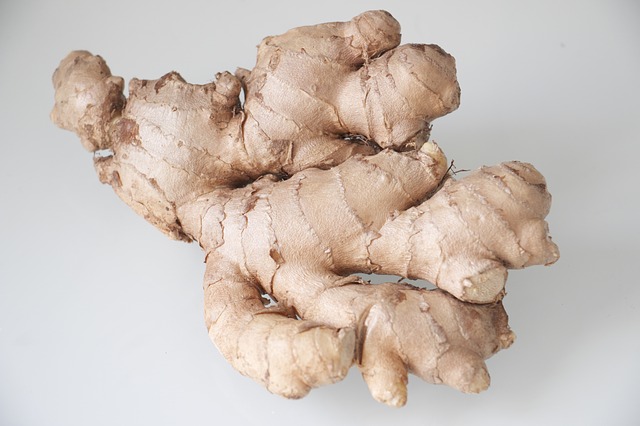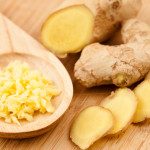When Should You Avoid Using Ginger
Ginger root has been used for its flavor and health potential since ancient times. It does have powerful healing properties and makes any food taste amazing. But, although ginger offers relief for many medical conditions, not anyone can use it.

Historically, ginger has a very long tradition for its properties in alleviating symptoms of gastrointestinal conditions. Scientists have revealed that ginger has many therapeutic properties, including antioxidant effects and direct anti-inflammatory effects. Used as a dietary supplement or in food, ground ginger has proved its medicinal properties to many individuals. However, there are situations in which ginger should be used sparingly or even avoided.
Ginger should be avoided or used with caution when certain kinds of medicines are prescribed for health conditions. For example, people with hypertension, diabetic people and people with clotting disorders should be careful when using ginger. Let’s see why.
Contents
Medication
Clotting medications
One of ginger’s properties is thinning the blood, which means it may be inappropriate for people who have bleeding disorders or take blood clotting medications. Follow the doctor’s advice regarding ginger consumption.
Medication for diabetes
Ginger also lowers blood sugar, being one of the best spices for type 2 diabetics, who control their condition only through diet. But people who use insulin injections or take medication have to be aware of the changes in their blood sugar level. Ginger might get their blood sugar too low.
High blood pressure medications
Some pills used to control high blood pressure can interact with ginger, causing the blood pressure to drop significantly and lead to irregular heartbeat.
Medical Conditions
Gallstones
Large quantities of ginger might exacerbate this condition, causing an increase in bile production. A high level of bile and gallbladder contractions may agitate the gallstones and lead them towards the bile ducts. If a stone gets stuck in the bile duct, it can cause serious problems that may lead to emergency surgery.
Pregnant Women
Although the use of ginger during pregnancy is still a controversial issue, specialists recommend caution and the doctor’s advice to avoid any complication.
It is believed that ginger might affect the fetal sex hormones and it might even lead to miscarriage. There is also some concern that ginger root might increase the risk of bleeding.
How Much Ginger to Consume
Ginger has many beneficial effects on the human body and many people use it to combat minor digestive and stomach upsets, menstrual cramps and even arthritis. For those who do not suffer from the above-mentioned conditions, taking up to four grams of ground ginger per day should be safe.
Ginger can be used both in ground and fresh forms, but the levels of concentration differ. The ground form is much more concentrated. Therefore, a tablespoon of fresh ginger will equal to 1/4 of a teaspoon of dried ginger. Try to consume fresh ginger over the dried form whenever possible since it is not only superior in flavor but it also has higher levels of gingerol and anti-inflammatory compound.



